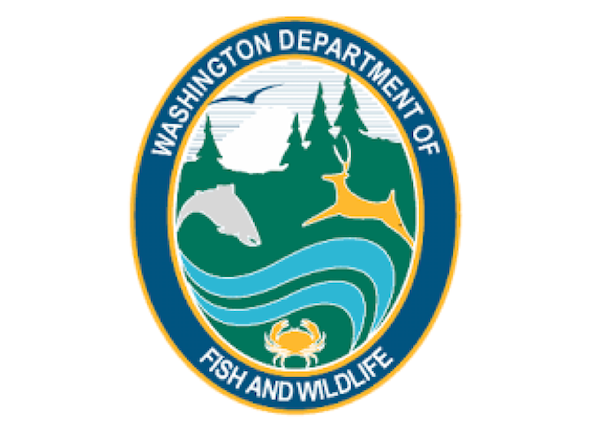Idaho Fish Report
WDFW seeks public input on updates to recreational fishing rules

by WA Department of Fish & Wildlife Staff
10-7-2021
Website
OLYMPIA – The Washington Department of Fish and Wildlife (WDFW) is currently seeking public comment on updates to a variety of fishing rules and regulations affecting state waters.
The proposed changes would have several effects, including reclassifying bull trout, Dolly Varden, eastern brook trout, and lake trout from “trout” to “char,” closing a portion of Puget Sound to recreational sea cucumber harvest, and clarifying language and intent of other existing regulations.
The proposed updates are needed to clarify rules for the general public and align them with the latest science and conservation efforts. This latest effort follows a round of rule simplification completed in 2019.
“We know that fishing regulations can be confusing and we’re always looking to make the rules clearer,” said Kirt Hughes, head of WDFW’s fish management division. “At the same time, we have to be adaptive to ensure the regulations help in meeting conservation targets statewide.”
Anyone interested in providing feedback on the proposed rules can submit comment – as well as view the full list of proposed changes and reasoning for each proposal – at https://publicinput.com/RecFishing.
For a hard copy of the proposed rules, please call 360-902-2700.
The public will also have the opportunity to comment on the proposals during the Dec. 2-4 meeting of the Washington Fish and Wildlife Commission meeting. A final date and time for that hearing will be available at https://wdfw.wa.gov/about/commission/meetings.
“It’s important to note that we’re still in the early part of the rule-making process, so now is an excellent time to let us know your thoughts on these proposed changes,” Hughes said.
The comment period is open until Dec. 4, 2021. If adopted, the rules are expected to take effect in summer 2022.
The Washington Department of Fish and Wildlife works to preserve, protect, and perpetuate fish, wildlife and ecosystems while providing sustainable fish, wildlife, and recreational and commercial opportunities.

